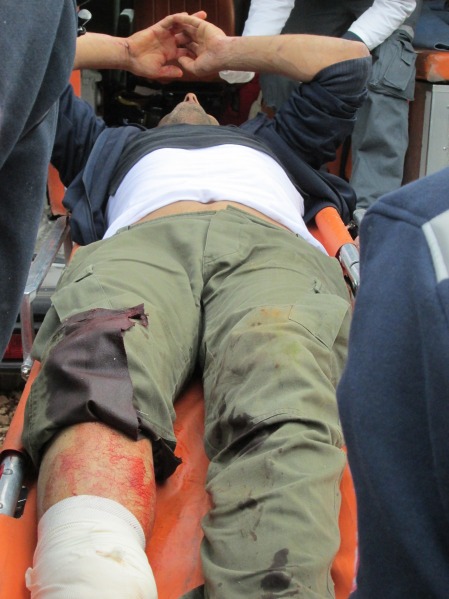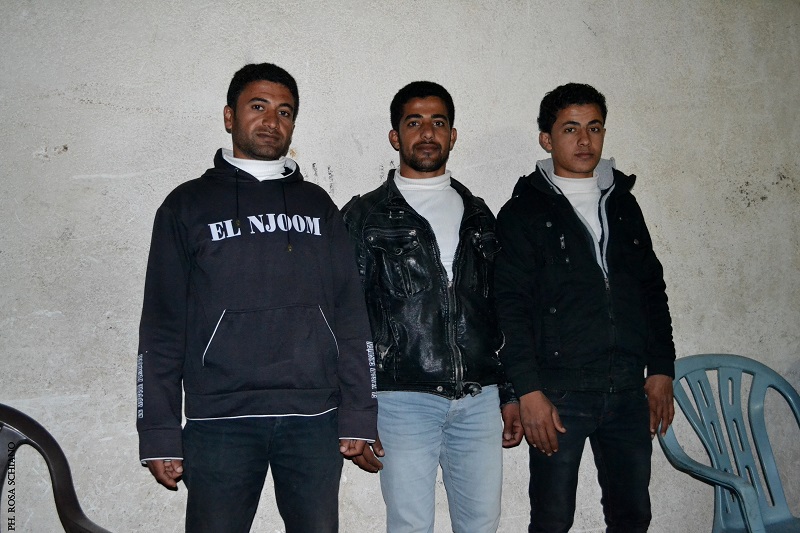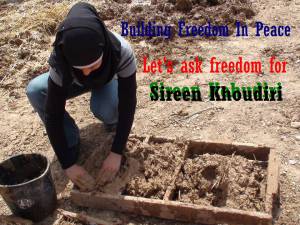-
Palestinian shot with live ammunition during weekly Ni’lin demonstration
12th January 2014 | International Solidarity Movement, Ramallah Team | Ni’lin, Occupied Palestine On Friday 10th January, a Palestinian demonstrator was injured after being shot in his leg with live ammunition by Israeli forces while attending the weekly Friday demonstration. The incident happened in Ni’lin where Israeli military shot live ammunition against approximately thirty demonstrators who […]
-
Palestinian fisherman kidnapped by the Israeli navy in Gaza waters
11th January 2014 | International Solidarity Movement, Rosa Schiano | Gaza, Occupied Palestine On Wednesday, 8th January 2014, 27-year-old Palestinian fisherman Mohammed Sultan Al Khader had was arrested by the Israeli navy in Gaza waters. He had been fishing with his two brothers, Ahmad and Hamdi, on a small fishing boat, called a hasaka. Al Khader was released […]
-
UPDATED: Palestinian activist arrested in night raid in Nablus
07th January 2014 | International Solidarity Movement, Nablus Team | Nablus, Occupied Palestine Updated 10th January: Sireen Khudairi was released at 17:15 on the 8th of January. Sireen was brought inside Salem Court at 10:30am after being made to stand outside for an hour with her hands and feet shackled and without a jacket. Once brought into the courtroom […]
Action Alert An Nabi Saleh Apartheid Wall Arrests BDS Bethlehem Bil'in Cast Lead Demonstration Denial of Entry Ethnic Cleansing Farmers Gaza Global Actions Hebron House Demolition International law Israeli Army Jerusalem Live Ammunition Nablus Ni'lin Prisoner Ramallah Rubber-coated steel bullets Settlement Settlers Settler violence Tear-Gas Canister Video



